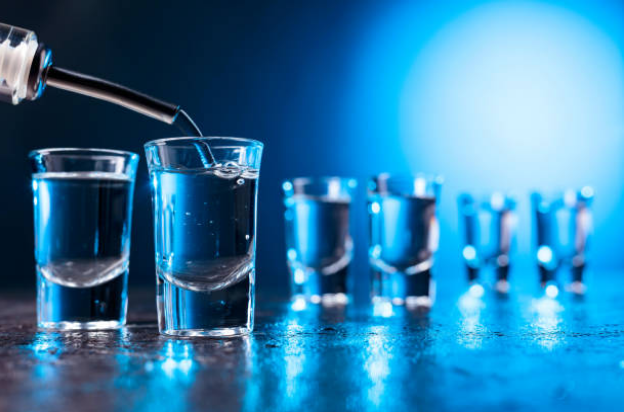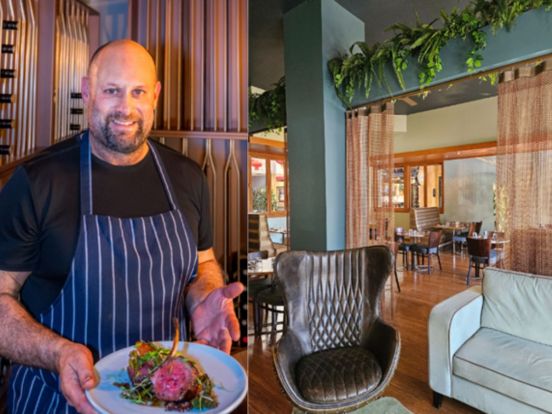Tito’s vodka might be “handmade,” but it’s not made for your hands. The social media team at the Austin-based vodka maker — which is the top-selling spirit in America and is sold in New Zealand through Super Liquor outlets — is working overtime on Twitter today, forced to repeatedly explain that its product is not a suitable substitute for hand sanitiser — it just smells like it would be.
The confusion arises amid a shortage of hand sanitiser as concerned members of the public attempt to protect against the spread of the novel coronavirus. That lack of supply has led to price gouging for hand sanitiser online: a box of small Purell bottles that might sell for $10 typically are now listed for hundreds from secondary sellers on Amazon. It’s also led to DIY advice and online recipes for homemade hand sanitisers, most of which call for rubbing alcohol (99 percent alcohol by volume) plus aloe vera gel.
Tito’s, meanwhile, is actually just 40 percent alcohol by volume, not the 60 percent required to kill viruses. As Dallas Morning News reporter Dom DiFurio noted, the company will probably have to keep Tweeting ad nauseam while people on Twitter threaten to “get me a handle of @TitosVodka and make some hand sanitiser for my family.”
“Per the CDC, hand sanitiser needs to contain at least 60% alcohol by volume,” Tito’s writes soberly in reply after reply, attaching an explanation for added clarity.
“As soon as we saw the incorrect articles and social posts, we wanted to set the record straight,” a representative for Tito’ s says. “While it would be good for business for our fans to use massive quantities of Tito’s for hand sanitiser, it would be a shame to waste the good stuff, especially if it doesn’t sanitise…”
Tito’s has clung fast to its roots as a distiller of the craft spirit good stuff, but these days the brand is more of an industrial product than anything else. “Based on the sheer quantity of Tito’s output… its vodka is almost certainly made by re-distilling pre-made grain neutral spirit, or GNS, an industrial high-proof alcohol produced in massive distilleries by large agribusiness firms,” Tammie Teclemariam explained to online foodie site, Eater last year in a company profile.








